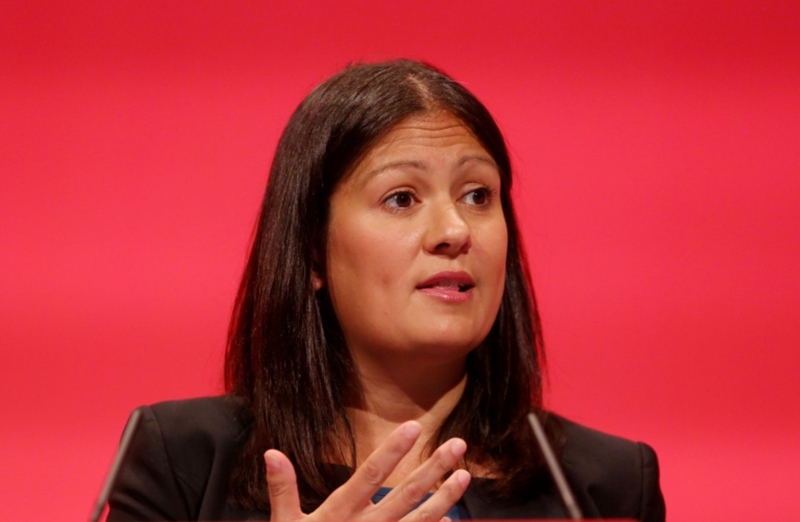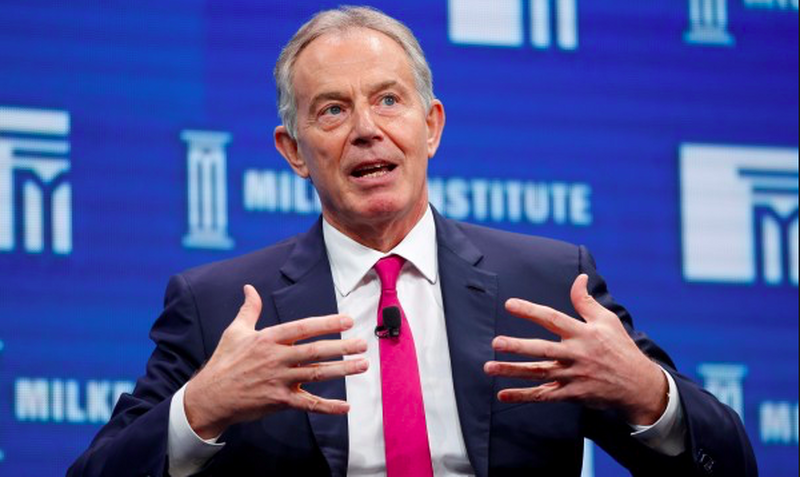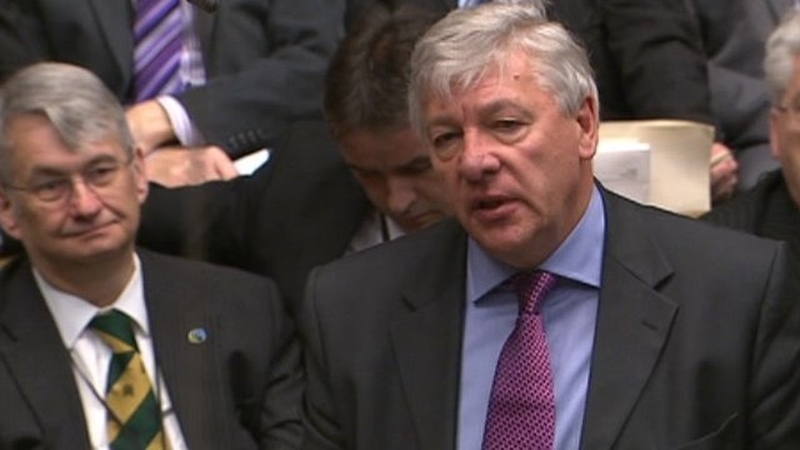It's going to be an uphill task for new leader, says Labour MP
Keir Starmer has just been elected to the toughest job in British politics as the Labour leader of the opposition in the House of Commons. Winning the next general election will be the only criterion by which he is judged. This is a gargantuan task. Labour must gain 124 seats if it is to achieve a majority of two at the expected election in 2024 and with only 202 MPs it is starting from the lowest base it has had since the Second World War.
A drab, overlong and risk-averse campaign gave few clues as to how this will be achieved. To develop a successful strategy in normal times would require a few strokes of genius, some risk taking and a bucket full of luck. We are not in normal times.
After the last election I was surprised to hear some senior Labour figures opining that Labour had won the argument. This is delusional
Starmer's instincts on the COVID-19 pandemic appear to be sound. No knock about politics or attempts to use the crisis for political gain. People will not forgive or forget if its politics as usual while people all over the country are dying in intensive care units.
On the other hand, while we're keeping our social distance from each other he must keep his political distance from the Conservative government. He has not yet rejected the idea of joining a coalition, he should. I don’t believe anybody in government is making judgements and taking decisions with base motives, this is not Iraq or the tripling of student fees. However, when this dreadful time is over, we will find that mistakes and errors of judgement have been made.
It will be possible to more accurately estimate the costs and benefits of the government's policies. Lives saved and lost will be known. The economy will be in dire straits and the poorest and most vulnerable in society will have been hit hardest. Effective democracy will require a robust opposition. This will not be possible if Labour has been part of the government taking those decisions. It would be difficult to avoid the accusation of hypocrisy if it opposed decisions it itself was responsible for. This of course would not justify irresponsible opposition and playing politics. It will be a difficult line to tread. Labour’s task will be to try and ensure that maybe three million people who have lost their jobs are returned to useful employment as quickly as possible.

If Starmer is getting it right on COVID-19, his decisions on the European Union cost Labour dearly in the general election. He was the prime mover in pushing Labour away from accepting and implementing the 2016 referendum to supporting a second referendum. The result, Labour gained Putney in London and the Conservatives registered 44 of their gains in the five regions of the Midlands and the North.
Die-hard Remainers have already started campaigning for an extension to the transition period for detailed negotiations now that we have left the EU. Starmer should give no succour to this position. He should remember that Labour’s vote declined by a third in those Labour seats that had voted significantly to leave. He would find it next to impossible to win back Labour leave voters if he gave any support to an extension.
During the leadership campaign Lisa Nandy MP (who I nominated and supported) said "the party has to change." In saying this Nandy, now Shadow Foreign Secretary, received strong support at hustings, but it was never clear how the party should change. Starmer will have to wrestle with this for the next four years.

I am reminded of two conversations with Tony Blair before the 1997 election and Ed Miliband before the 2015 election.
"I will change any policy in order to bring about a Labour government except bringing back capital punishment or considering anything tainted by racism."
"I do not want to spend my first five years in Downing Street dealing with our membership of the European Union therefore we will not have an EU referendum in our manifesto."
Tony Blair responsible for the first quote went on to win a record number of seats, Ed Miliband (now somewhat curiously the Shadow Business Secretary) lost an eminently winnable election and laid the foundations for one of the most disastrous periods in Labour’s history.
Any speaker at a Labour Party conference is almost guaranteed applause by stating "Labour will win the next election by listening to the electorate and staying true to its socialist policies." This in effect is pretending that Blair and Miliband had similar electoral strategies, they did not. One wanted to win and the other was only interested in his own views.

After the last election I was surprised to hear some senior Labour figures opining that Labour had won the argument. This is delusional. Labour managed to lose an election where the electorate has come closer to Labour values on issues like public ownership and equality.
Labour lost because it wasn’t credible. In Labour’s 120-year history, only three Labour leaders - Atlee, Wilson and Blair - have won majorities. If Starmer is to be majority leader number four he must shed the delusions and self-contradictory clichés and be more Blair, at least in electoral strategy, and less Miliband.

Graham Stringer is an occasional columnist for Manchester Confidential. He is the Labour Member of Parliament for Blackley and Broughton with a majority of 14,402 after the 2019 General Election. He was elected to Parliament in 1997. Until 1999 he was on the Environment, Transport and Regional Affairs select committee, then was a Labour Government whip and subsequently a member of the Transport Select Committee in the last years of Labour Government. Prior to parliament he was the Leader of Manchester City Council from 1984-1996. He is credited for being a principal agent in the return of city confidence and Manchester's regeneration.
















